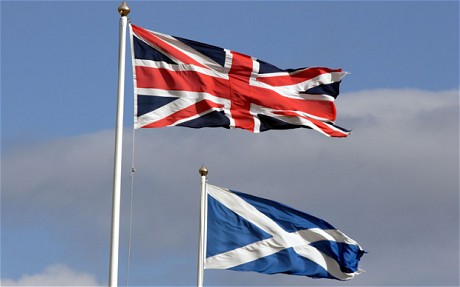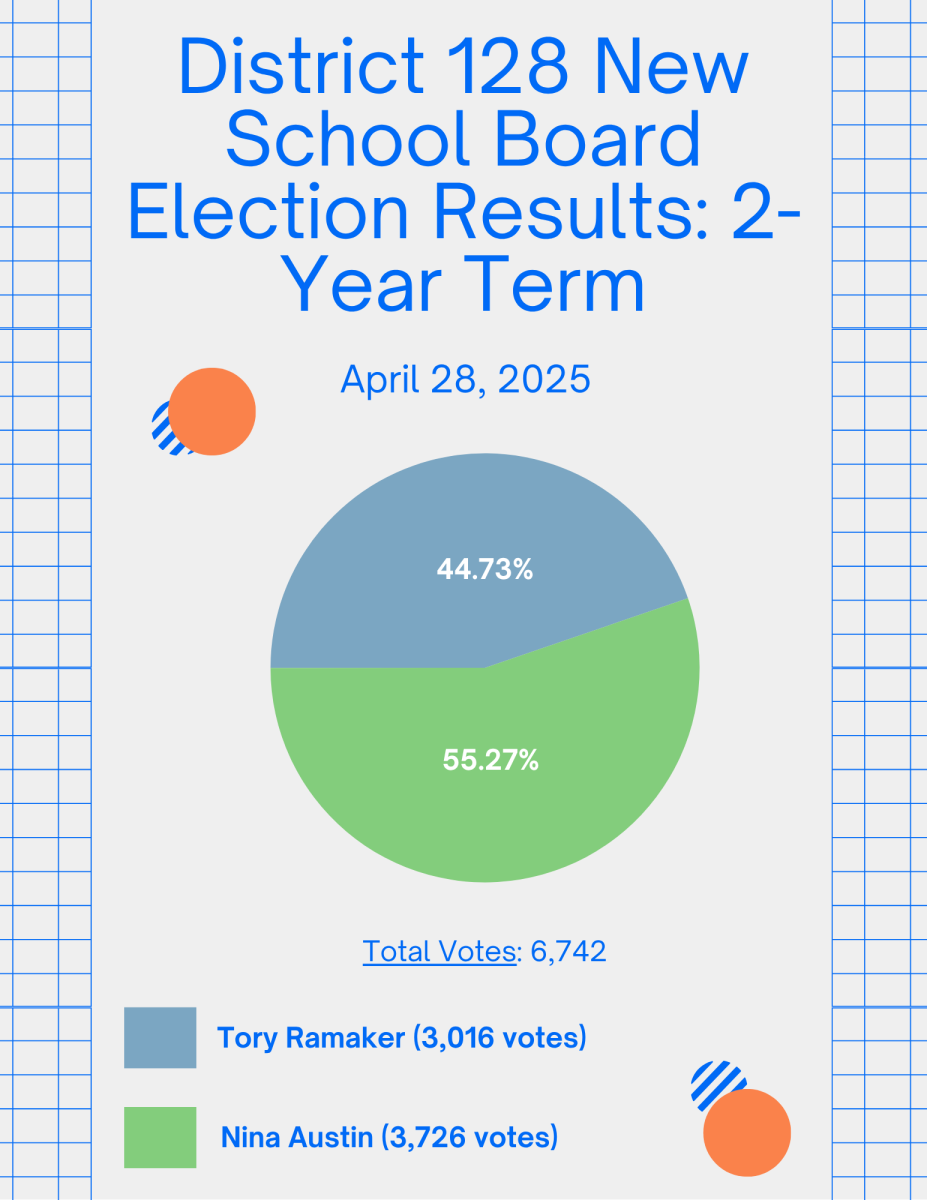The highly anticipated vote for Scottish independence was finalized on September 18 and it resulted with Scotland deciding that it will remain a member of the United Kingdom.
The vote was fairly close, as the vote only had a 55 percent majority rejecting the bid for independence. The turnout for the referendum was abnormally high, as about 85 percent of possible voters decided on the issue. Any residents 16 or older living in Scotland were eligible to vote.
The independence proposal arose due to Scotland wanting to having more influence over its own decision-making and conflicts regarding the taxing system put in place by the UK.
“There are some people, mostly in the big cities like Edinburgh, who would like to see Scotland become its own independent country,” said social studies teacher Ms. Sarah Greenswag.
“Yes Scotland” was the name of the campaign group in favor of leaving the United Kingdom, which promoted its agenda via newspapers, advertisements, and prominent individuals. The opposing group, “Better Together”, hoped to convince Scottish citizens that staying with the UK was going to benefit them in a number of ways and that they should be patient with the process.
The United Kingdom was formed in 1707 with the signing of the Acts of Union, in which English and Scottish delegates decided that they should finally unite the two countries together after sharing the same monarch for over a hundred years. The new foundation, labelled a sovereign state, became known as the Kingdom of Great Britain, which was led by their monarch, Queen Anne.
This wasn’t the only time the Scottish had questions about their future with the UK. In 1979, Scotland held a referendum debating whether or not they should transfer their powers over to a more centralized state. The Scottish actually voted in favor of devolution, but due to a significantly low turnout of about 63 percent, the results were practically meaningless. Scotland had another devolution referendum in 1997, and this time it went through. The government soon began to make changes and held an election determining how they would develop a devolutionary parliament.
“The Scottish felt that they needed more power in government,” said AP European History teacher Mr. Kevin O’Neill. “There are two parliaments that have control over [Scotland’s] decisions – one for the UK, one locally inside Edinburgh — and the Scottish felt like the UK government had too much authority.”
With the independence question answered and reaching the consensus that they will remain a member of the United Kingdom for the time being, Scotland can move on from this situation. Looking towards the future, the Scottish will be working with their fellow countries within the UK on developing a governmental system that benefits all parties involved. Some of the first moves will be to reform the oil industry and remove the poll and bedroom taxes, according to Mr. O’Neill.





![Mr. Abullh Ali, manager/assistant, helps open Queen Yemeni Coffee in downtown Libertyville at 606 North Milwaukee Ave. With the help of employees such as manager and LHS senior Yousef Taha, they are able to bring the Yemeni and Ethiopian culture to Libertyville by using their Queen spices, cinnamon and cardamom in their drinks such as Adani Chai, which is inspired by Sheda, the Queen of Yemen and Ethiopia. “The history of our coffee [is] a long history and we believe that Yemen and Ethiopia started the coffee and we are bringing something unique to the community,” Mr. Ali said.](https://www.lhsdoi.com/wp-content/uploads/2025/04/Photo-1-1200x800.jpg)




Bryan • Oct 16, 2014 at 10:30 am
This is sick